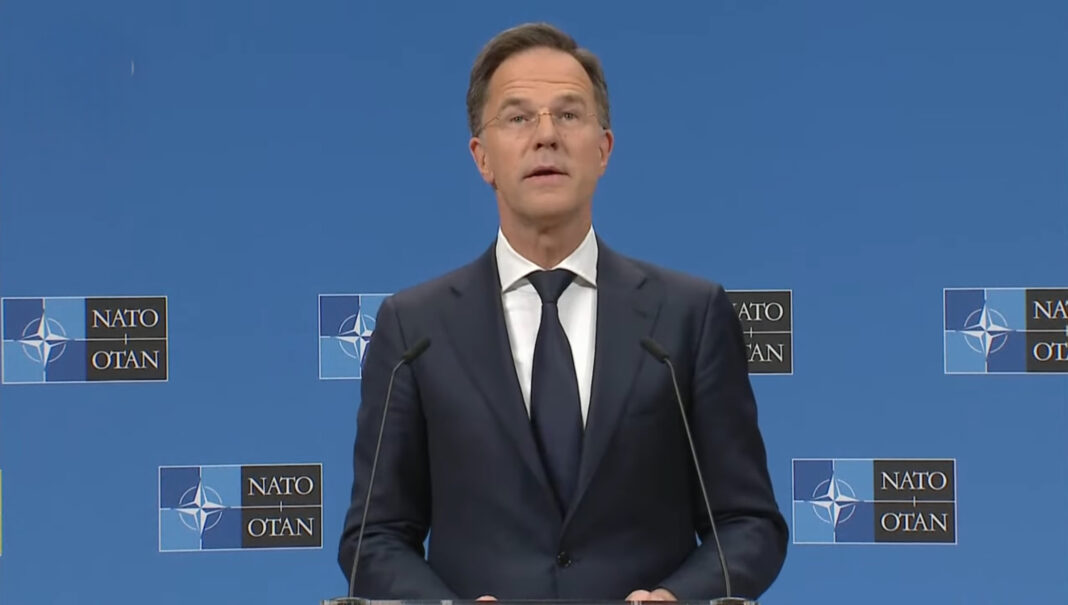Washington, D.C. — Israeli Prime Minister Benjamin Netanyahu met with U.S. Commerce Secretary Howard Lutnick and U.S. Trade Representative Jamieson Greer at Blair House on Sunday evening. The discussions centered on the recent U.S. imposition of a 17% tariff on Israeli goods, a move that has raised concerns about the future of U.S.-Israel trade relations.
The meeting, described by Netanyahu’s office as “warm and productive,” aimed to address the implications of the new tariffs and explore avenues to mitigate their impact on the Israeli economy. The U.S. is Israel’s largest trading partner, with bilateral trade amounting to approximately $37 billion in 2024. Israeli exports to the U.S. include diamonds, pharmaceuticals, and electronics, sectors that could be significantly affected by the increased tariffs.
The tariff imposition is part of a broader strategy by President Donald Trump, who declared a national emergency to implement sweeping tariffs on numerous countries. This policy includes a baseline 10% tariff on all imports, with higher rates for specific nations, including a 17% tariff on Israeli goods. The administration asserts that these measures are necessary to address trade imbalances and protect American industries.
In response to the U.S. tariffs, Israel announced the elimination of all tariffs on U.S. products. Prime Minister Netanyahu stated that this move aims to strengthen the alliance between the two countries and foster economic growth by enhancing market competition and reducing the cost of living in Israel.
Despite these efforts, the U.S. proceeded with the implementation of the 17% tariff on Israeli goods. Netanyahu expressed his intention to seek relief from these tariffs during his upcoming meeting with President Trump. He emphasized the importance of the U.S.-Israel relationship and expressed hope that discussions would lead to favorable adjustments benefiting both economies.
The new tariffs have elicited varied reactions globally. Over 50 countries have reportedly reached out to the White House seeking trade negotiations in light of the tariff announcements. Treasury Secretary Scott Bessent indicated that these tariffs are a “one-time price adjustment” necessary for economic recalibration.
Economists and industry leaders have expressed concerns about the potential for increased consumer prices and disruptions to global supply chains. The Dow Jones Industrial Average experienced a significant drop following the tariff announcements, reflecting market apprehension about the potential economic ramifications.
As Netanyahu prepares for his meeting with President Trump, the focus remains on finding a resolution that addresses the concerns of both nations. The outcome of these discussions could have significant implications for the future of U.S.-Israel economic relations and the broader geopolitical landscape.




